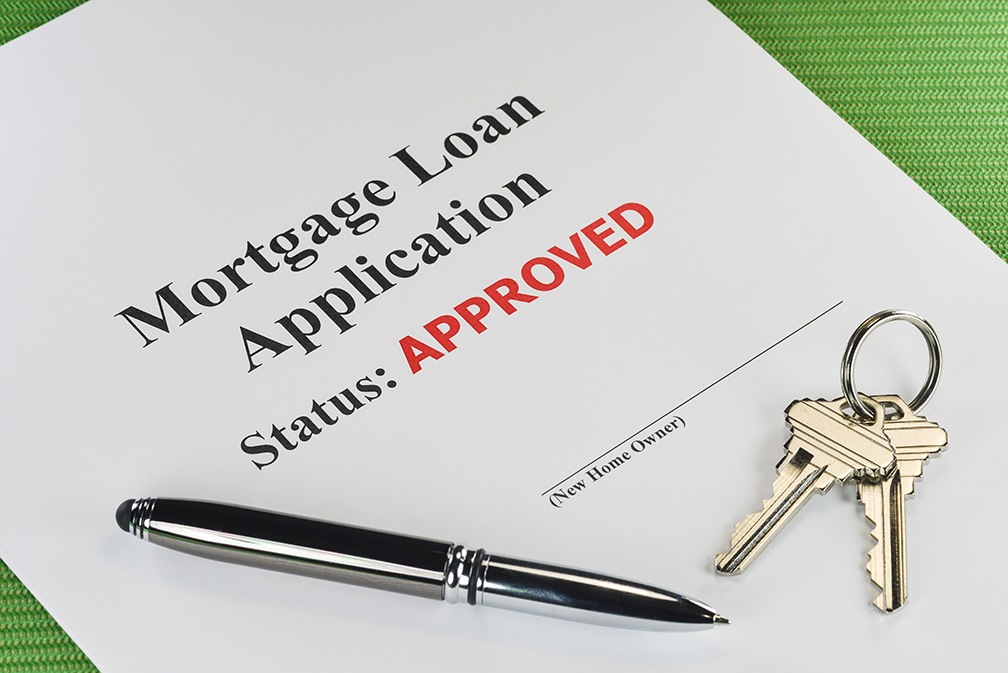The Ultimate Guide To Hard Money Loans
 There are multiple types of loans out there and one of the easiest to get is called a hard money loan. On the other hand, it is also important for people to avoid being lured in by an attractive loan offer because it might be expensive. When it comes to a hard money loan, there are a few important points that people should note. These can be an essential tool for investors.
There are multiple types of loans out there and one of the easiest to get is called a hard money loan. On the other hand, it is also important for people to avoid being lured in by an attractive loan offer because it might be expensive. When it comes to a hard money loan, there are a few important points that people should note. These can be an essential tool for investors.
What Is A Hard Money Loan?
As a rule of thumb, most people look at a hard money loan as a tool of last resort. This is usually employed as a short-term loan or a bridge loan. This type of loan is commonly found in real estate deals.
Even though many people refer to a hard money loan as a loan of last resort, they serve a bigger purpose than this. Lots of real estate investors take out a hard money loan as part of their financing strategy, particularly if the goal is to fix the house and flip it. There are a few ways that a hard money loan will differ from a traditional loan.
How A Hard Money Loan Is Different
It is important to compare a hard money loan to a traditional loan that people get from a lender, such as a mortgage. Some of the key differences regarding a hard money loan include:
- They are more expensive
- The approval process is faster
- There is more flexibility in terms of repayment
- The requirements for approval are much lighter
In contrast, the approval process for a mortgage takes a longer time and is harder to get. On the other hand, a mortgage typically comes with a lower interest rate when compared to a hard money loan. This is what people mean when they say a hard money loan is more expensive.
Should Investors Get A Hard Money Loan?
If the goal is to buy a house and flip it quickly, it is important to get approved for loans in a short amount of time. This is where a hard money loan can be helpful. If the loan is going to be paid off quickly with the sale of the house, then the expensive interest rate isn’t as big of a deal. This is the major advantage of a hard money loan.
 There are many people who set buying a home as one of their major life goals. There is a lot that comes with owning a home including a major investment opportunity, a sense of stability, and a feeling of pride; however, homes are also expensive. It can be challenging to find a home loan.
There are many people who set buying a home as one of their major life goals. There is a lot that comes with owning a home including a major investment opportunity, a sense of stability, and a feeling of pride; however, homes are also expensive. It can be challenging to find a home loan. When someone is applying for a mortgage, it is important to consider the other costs that go along with taking out this type of loan. While many people focus on the down payment, the size of the loan, and the interest rate, there are other costs that might go along with taking out a mortgage.
When someone is applying for a mortgage, it is important to consider the other costs that go along with taking out this type of loan. While many people focus on the down payment, the size of the loan, and the interest rate, there are other costs that might go along with taking out a mortgage.